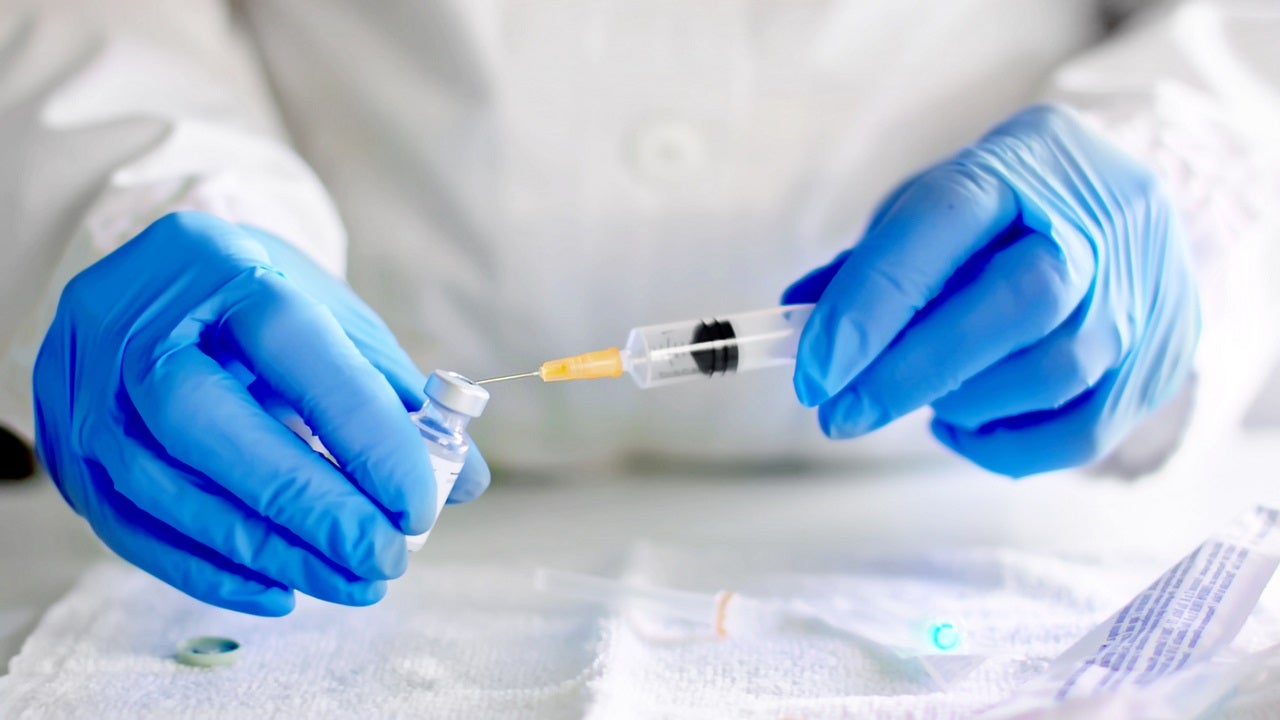The United Kingdom on Monday became the first country in the world to start administering the AstraZeneca and Oxford University coronavirus vaccine after emergency clearance last week.
The first vaccine was for dialysis patient Brian Pinker, 82, of Oxford University Hospital, according to a statement from NHS England. Pinker said the vaccination brought peace of mind, as he hopes to celebrate his 48th wedding anniversary with his wife Shirley in February.
“The vaccine means everything to me,” Pinker told the BBC. “It’s the only way to get back to normal life a little bit. This virus is terrible, isn’t it?”
Health Secretary Matt Hancock joined other UK officials and teachers to praise the day’s achievement, calling it a “pivotal moment in the campaign against coronavirus”.
The vaccine will be distributed to a limited number of hospitals for “surveillance purposes”, considered standard practice, before a broader rollout to hundreds of general practitioner services later in the week, according to NHS England.
LIVE UPDATES: COVID-19’s latest headlines
The inoculation of AstraZeneca joins another vaccine already launched in the United Kingdom – developed by Pfizer and BioNTech – while the country experiences an intense spread of the virus with a mutated strain and the highest daily case count so far, now exceeding 50,000. On Sunday, the country registered 54,990 new infections and 454 deaths.
THE FIRST PFIZER COVID-19 VACCINE CONTAINER IN THE UNITED KINGDOM OBTAINS A SECOND DOSE
The kick-off of the vaccination program also comes amid comments from UK officials supporting the decision to extend the period between Pfizer and the two-dose Oxford vaccination scheme to 12 weeks, as opposed to three, with the first Boris Johnson, also defending the idea.
Officials who support the extended spacing period argue that this method can help prevent serious results and death, allowing for a wider distribution of doses across the population. AstraZeneca previously said that a dosing regimen up to 12 weeks apart was safe and effective in clinical trials: “The authorization recommends two doses administered every 4 to 12 weeks. This regimen has been shown in clinical trials to be safe and effective. in preventing symptomatic COVID-19, without severe cases and without hospitalizations more than 14 days after the second dose. “
Meanwhile, Pfizer said its vaccine should be administered within the specified 21-day period, raising questions about the UK’s decision to extend the time between vaccines, according to reports.
FAUCI, SLAOUI DISMISS ‘SPACING OUT’ VACCINE DOSES, INSIST THAT DISTRIBUTION IS ON THE WAY
Dr. Anthony Fauci, the leading infectious disease specialist in the U.S., strongly disagreed with this approach during an interview on Sunday with CNN, and the Food and Drug Administration is evaluating the possibility of administering Moderna’s vaccines in half doses later this week. , for several reports.
The AstraZeneca vaccine was found to be safe and 70% effective in clinical trials, according to a study published earlier this month, but the data involved in the study are under scrutiny about dosing methods. The United States has already secured 300 million doses of the vaccine not yet approved.
GET FOX NEWS APPLICATION
The vaccine was developed using more traditional methods, as opposed to the mRNA technology platform that was used for the Moderna and Pfizer vaccines. The Oxford-AstraZeneca option involves an inactivated common cold virus isolated from chimpanzees, altered with genes to express the SARS-CoV-2 virus spike protein.
Fox News’ Alexandria Hein contributed to this report.
